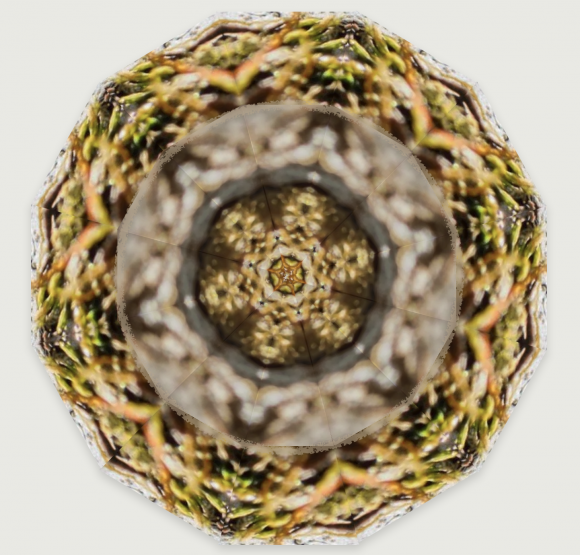10. So far, we have seen that Jung explicitly assumes, as a basic premise shared in his tradition, that psychology must cover both consciousness and the unconscious; he also presupposes that a psychological individual (defined as a “whole”) must have a structural principle which “holds it together” and “expresses the whole”; he again assumes, this time with the broader tradition of modern philosophy up to his day, that consciousness does have such a center in its subject (the “I”), but he argues that this cannot also be the center of the “whole”, the entire individual.

At this point in his line of thought (remember, we are still reconstructing the argument of the individuation essay (GW IX/I, §§ 489-524), it is quite plausible to consider the idea that the unconscious, similar to consciousness, has a center comparable to the “I”.
A little earlier, I have mentioned only in passing that short digression in § 492, where Jung briefly brushes on this idea. There, it is neither helpful nor informative, and the text quickly returns to its original line. (It would better have been edited out.) But later, in § 506, the idea can be properly considered, and now Jung has a conceptual argument to make:
wenn wir ein Bewußtsein im Unbewußten annehmen, sehen wir uns sogleich vor die Tatsache gestellt, daß kein Bewußtsein existieren kann ohne ein Subjekt, das heißt ein Ich, mit dem die Inhalte in Zusammenhang stehen. Bewußtsein braucht ein Zentrum, das heißt ein Ich, dem etwas bewußt ist. Wir wissen von keiner anderen Art von Bewußtsein und können uns auch kein Bewußtsein ohne Ich vorstellen. Es kann kein Bewußtsein geben, wo niemand sagt: “Ich bin mir bewußt.” (GW IX/I, § 506)
It take it that for Jung, this is more than a factual claim about our state of knowledge (“we just don’t know at the moment”) — it’s a conceptual claim: that the idea of a center is built into the very notion of consciousness, in a way that makes it inconceivable without such a center. And this is consistent with what we have seen earlier: that for Jung, the formal relation to the center (the “I”) is the defining characteristic of an occurrent psychological phenomenon’s being conscious.
From this it follows, first, that there cannot be a sort of super-consciousness within unconscious episodes, even when these appear to have meaning and direction — for then these episodes would no longer be unconscious. For the same reason, secondly, such a super-consciousness could not be assigned to the whole either. Thus the center of the whole (the psychological individual) not only cannot be (identical with) the “I” of consciousness, but it cannot even be like (structured similarly to) the “I” of consciousness (merely transposed to the whole). It is not, to put it differently, a subjective field.
Yet what alternatives are there?




[…] not a subjective field, then what could be a plausible candidate for a structural principle on which the notion of a […]